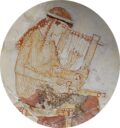
The interaction between music and philosophy and its relevance to the integral education of human beings
This web page, the result of several decades of study, research and teaching on the subject, proposes an awareness of the double cultural contribution that the combination of music with philosophy presents: this responds, on the one hand, to the need for an integral philosophical knowledge for the creation of works of art and especially for musical activity, and on the other hand, to the need for artistic, poetic-musical intuition and sensitivity for philosophical reflection.
The great artists and authors of the past not only possessed technical prowess, but accompanied it with a knowledge of philosophy, history, poetry, literature and mythology, etc. In turn, many philosophers were aware of the importance of the reflection about topics such as music, art and the education of sensitivity, and the broadening of human capacities in general, thanks to the inspiring power of beauty. Artists and thinkers who sought to integrate these different aspects, such as wisdom and beauty, accompanied by an expression that combined formal precision with the vitalizing power of poetic inspiration and insight, include for example: Orpheus, Pythagoras, Plato , Plotinus, Porphyry, Iamblichus, Proclus, Dante, Bach, Mozart, Beethoven, Blake, Schlegel, Schelling, Schopenhauer, Liszt. Wagner, Mahler, Tolkien, among many others.
This comprehensive approach to art in general and the disciplines known as “liberal arts”, called “liberal” because they provided freedom to realize what is most human in us, through a training in the trivium and quadrivium sciences. Music (harmonic science) belonged to the Pythagorean-Platonic quadrivium (arithmetic-music-geometry-astronomy); all disciplines of the enkúklios paidéia (comprehensive or integral pedagogy) considered to be an incentive to develop a philosophical view that also provided a sensitivity for beauty , and which Platonically emphasized the combination of art (Gr. technê), knowledge (epistêmê), creativity (poiêsis) and inspiration (enthousiasmos/katokochê), thanks to the practice of intuition/insight accompanied by a contemplative attitude (theoretiké). In addition, this approach to art, music and philosophy was complemented by an ethical-practical intuition of the possibility of the realization of humanity in all its capacities. Philosophy, in turn, resorted to poetic and artistic language in order to express in words that intuition and vision (contemplation: theoría) of the pre-linguistic or supra-linguistic, which cannot be expressed in words. Both activities, the intellectual and the artistic, combined in classical and late antiquity and later thanks to the reception of this synthesis during the period of the humanists and artists of the Renaissance and afterwards at the time of Romanticism (two heirs of Neoplatonism and its conception of art, poetry and music), handed down a cultural heritage to humanity: a tradition of cultural and vital unification and integration that must continue to be rescued from oblivion. This way of seeing the world and life, which is at the origins of our Western culture and which still defines our conception of art, can be revived and updated thanks to an education that exposes us to the transforming and inspiring environment of the beneficial influence of beauty and its integrating effect on the emotions combined with intelligence and knowledge, so necessary in our days.
Both thinkers and artists of the past shared a transformative conception of knowledge, understood as epistêmê/gnôsis/scientia/scienza/philosophia. The scienza spoken of by Plato, Plotinus, Dante and Ficino, among others, is a (metaphysical) knowledge that corresponds to an imaginative, rich and vivid, vision of reality and Being in all its brilliance and intensity (whether understood as truth or as beauty). Being is also an expression or manifestation of Unity, hence the great importance of the notion of “harmony” as a unity recovered in multiplicity, in the organic and living whole that is Being. This is manifested in two ways, through visible and audible symbols, which correspond to an effort directed at finding a mode of expression for that inexpressible and ineffable holistic vision of the transcendent Unity manifested in a rich multiplicity, harmonized thanks to beauty, as a harmonic cosmos. The possibility of apprehending this cosmos of beauty arises, according to Platonism, when education accustoms and exposes us to the harmony that resonates in the soul or the interiority of the human being, thanks to music, producing an expansion, focus and intensification of all human faculties. This refinement of our capabilities leads, according to Neoplatonism, to a lucidity sometimes called clairvoyance, or clairaudience (according to the term coined by Murray Schafer), which the Neoplatonists called “purification” (katharsis) of the eye and ear of the soul or intellect.
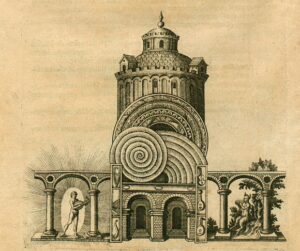
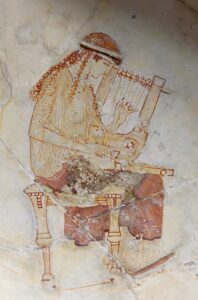
Poets, musicians, painters, and also philosophers, tried to find words, images and sounds through the Logos and the creative Imagination, to tell their intimate vision of an interior reality of the universe which provides a meaningful experience. Art and philosophy are then access doors, vehicles to make contact with the fullness of intelligible life, which in the words of Plotinus manifests itself as intelligence and as soul, considering the roots of reality as coming from a harmonized triad of Being- Life-Intellect, whose origins rest in the metaphysical principle, the One (also called the Good or the Absolute). According to Plotinus, Beauty is at its highest and broadest level the Intelligible Beauty (typical of Plato’s World of Ideas), contained in the Intellect (Noûs) which, according to Plotinus’s metaphors, revolves around the Unity or the Absolute, source of all reality. The Intelligible Beauty resembles the illumination/irradiation of the Sun that is the One understood as Good, center and heart of the Intelligible. That luminosity or first multiple manifestation of the Plotinian One corresponds to the level of Being and Intellect, which in turn generates an irresistible attraction for the soul and its inner energy, which is love, according to Plotinus. This loving energy is typical of a longing to reconnect with the Intelligible and with the One, when the Soul looks into its heart, but when it looks out, this energy becomes the force of the creativity of the Soul and Nature. The Soul, accoring to Proclus is like a song that announces the inner beauty of the Intellect and a sonorous expression of the intimate silence in which the Absolute resides.
Hence, Romantic philosophers like Schelling spoke of Nature as visible Spirit and Spirit as invisible Nature, according to a dialectical mode of expression of the Absolute or Infinite. That which the romantics call Spirit (Geist) contains aspects of the Neoplatonic Noûs/Intellect and, when “Geist” is identified with the Absolute, as Absolute Spirit, the word would correspond to the Noûs completly turned toward the One of Plotinus. Music is in this context an annunciation or expression of the Infinite, which arises thanks to the contact of the human being with the inspiration of genius, when the subjective is joined with the objective, in a unifying experience. This transcends the duality of subject-object, so typical of the musical experience (which is interior, invisible, but at the same time a non-dicursive language that speaks of a world or cosmos, a space that contains us and allows us to inhabit it). Beethoven considered his own musical works as made possible by the mediation of music between the visible and the invisible. The beauty of artistic and philosophical activities have a common origin in the splendor of the One, reflected in the Noûs (Intellect) and announced by the Soul (Anima Mundi). The works of an art such as this can produce a communion of the vital and the intellectual, which is what makes possible the perfection of all the innate potential of the human being, the process of perfection and realization of the soul, where our supreme and permanent happiness resides.
On this website I will be sharing reflections like these, on the relationship between music and philosophy, both as a blog and through links to my articles and book chapters
My projects for the dissemination of the philosophical conception of music and the musical conception of philosophy and thought have three main modalities: publications, videos and courses.
I am working on two publishing projects, the publication of a book on Music in Neoplatonism (with its antecedents in Orphism, Pythagoreanism, the Presocratics, Plato, Aristotle, Stoicism, etc.) and another book on the Reception of Neoplatonic Philosophy of Music in Musical Romanticism. This book will also contain references to other manifestations of Platonism and Neoplatonism in the music of different historical periods: Renaissance, Baroque, Classicism, and their influence on Romanticism and other composers from post-romanticism to the present.
I am also interested in publishing a study of the importance of Neoplatonism, music, art and symbolism in the work of Tolkien and other writers of the “Inklings” literary group.
“The Pythagoreans practiced a katharsis of the body by means of medicine and a katharsis of the soul by means of music”
Pythagorean analogy quoted by Aristoxenus of Tarentum, Fr. 26 Wehrli, referring to the therapeutic power of music
Main topics
- The antecedents of Platonic views on music in Orphism and Pythagoreanism
- The harmony between the Apollonian and the Dionysian, the mysterious aspect of music: the mysteries of Orpheus
- Pythagorean-Platonic music: anamnesis and self-knowledge
- Music in Plato: The Republic and the Timaeus, etc.
- Neopythagorean and Middle-Platonic conceptions of music, for example: Nicomachus of Gerasa, Theon of Alexandria, Numenius
- Music and Neoplatonism: Plotinus, Porphyry, Iamblichus, Proclus, Aristides Quintilianus
- The reception of these conceptions in Latin authors: Macrobius, Calcidius, Boethius, Martianus Capella
- Continuations of these philosophical and musical conceptions in the Middle Ages, the Renaissance and Romanticism
- Platonism and Neoplatonism in Beethoven, Wagner, Mahler, etc.
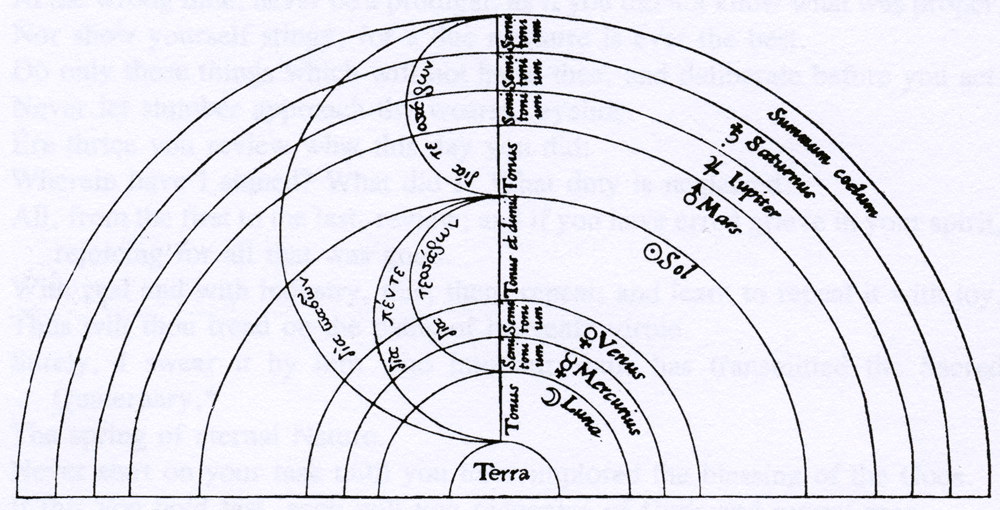
The Harmony of the Spheres
The presence of music and harmony in the Universe. Musica Mundana, Musica Humana, Musica Instrumentalis
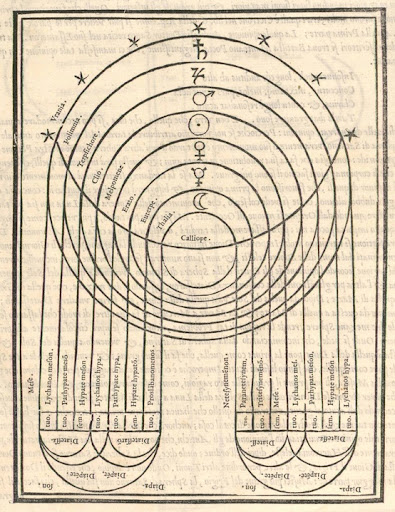
Harmonia tou kosmou
Cosmology and Metaphysics in Neoplatonism
The commentary on the Timaeus by Proclus

Liberal Arts, Humanities, integral encyclopedic education
The unity/sisterhood of mathematical sciences: arts/sciences of the Pythagorean-Platonic quadrivium. Trivium (arts of language)
Quadrivium (arts of number)
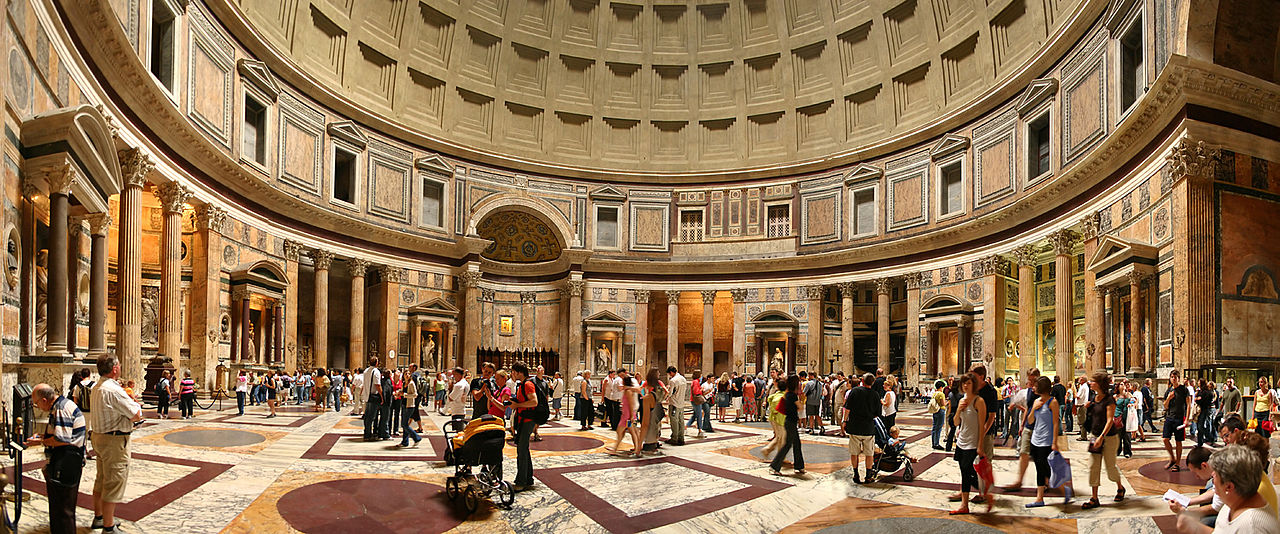
Music, philosophy, art, science, mathematical harmony
The study of harmonic proportions is also manifested in the organization of space
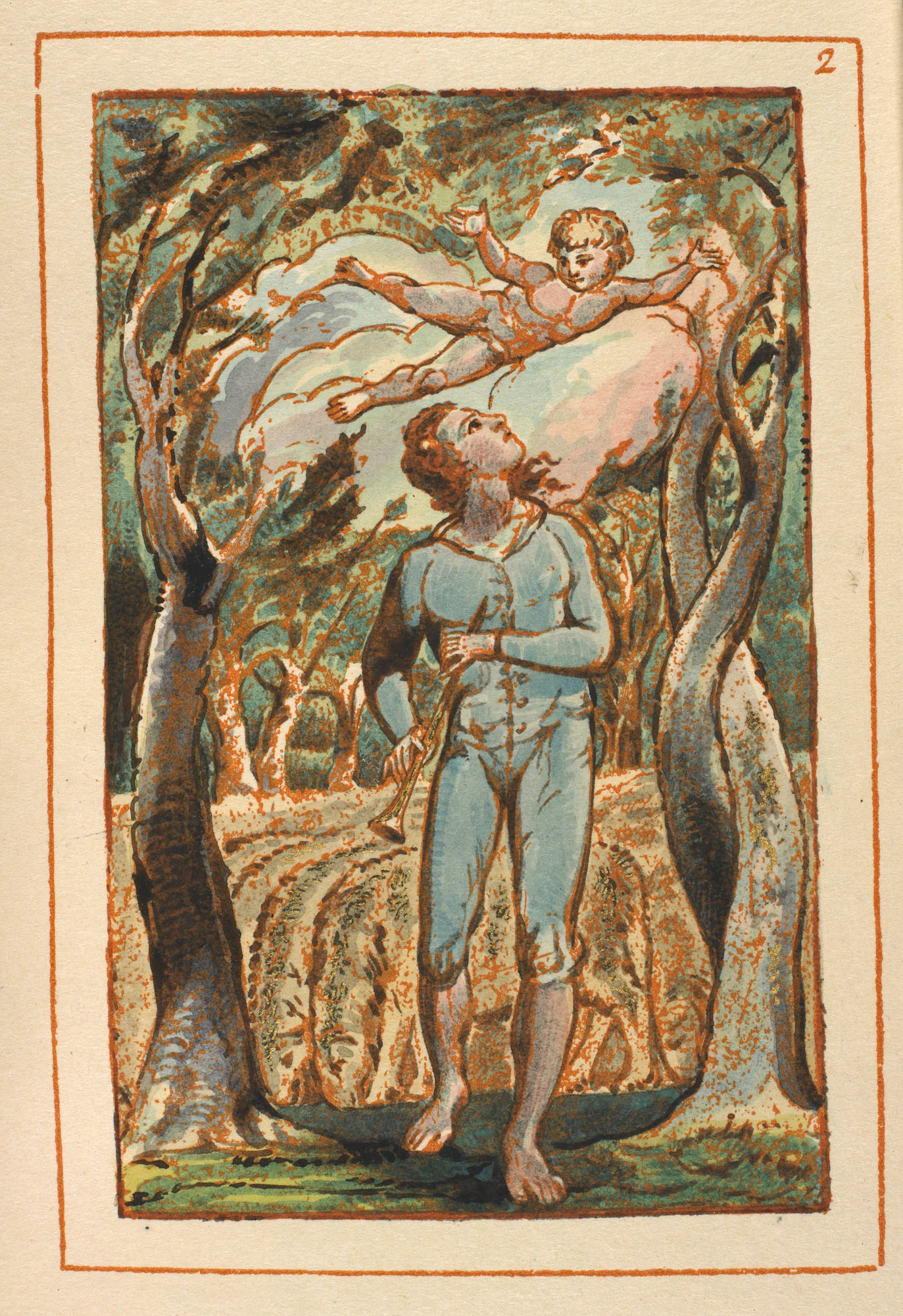
Music as the science of Love in Proclo
Music and inspiration, imaginative-visionary art.
Music and Neoplatonic Theurgy
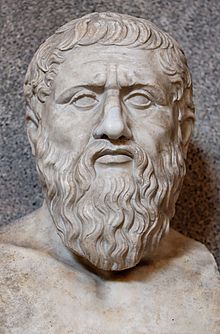
Platonism
Inspiration for an integral education of the human being.
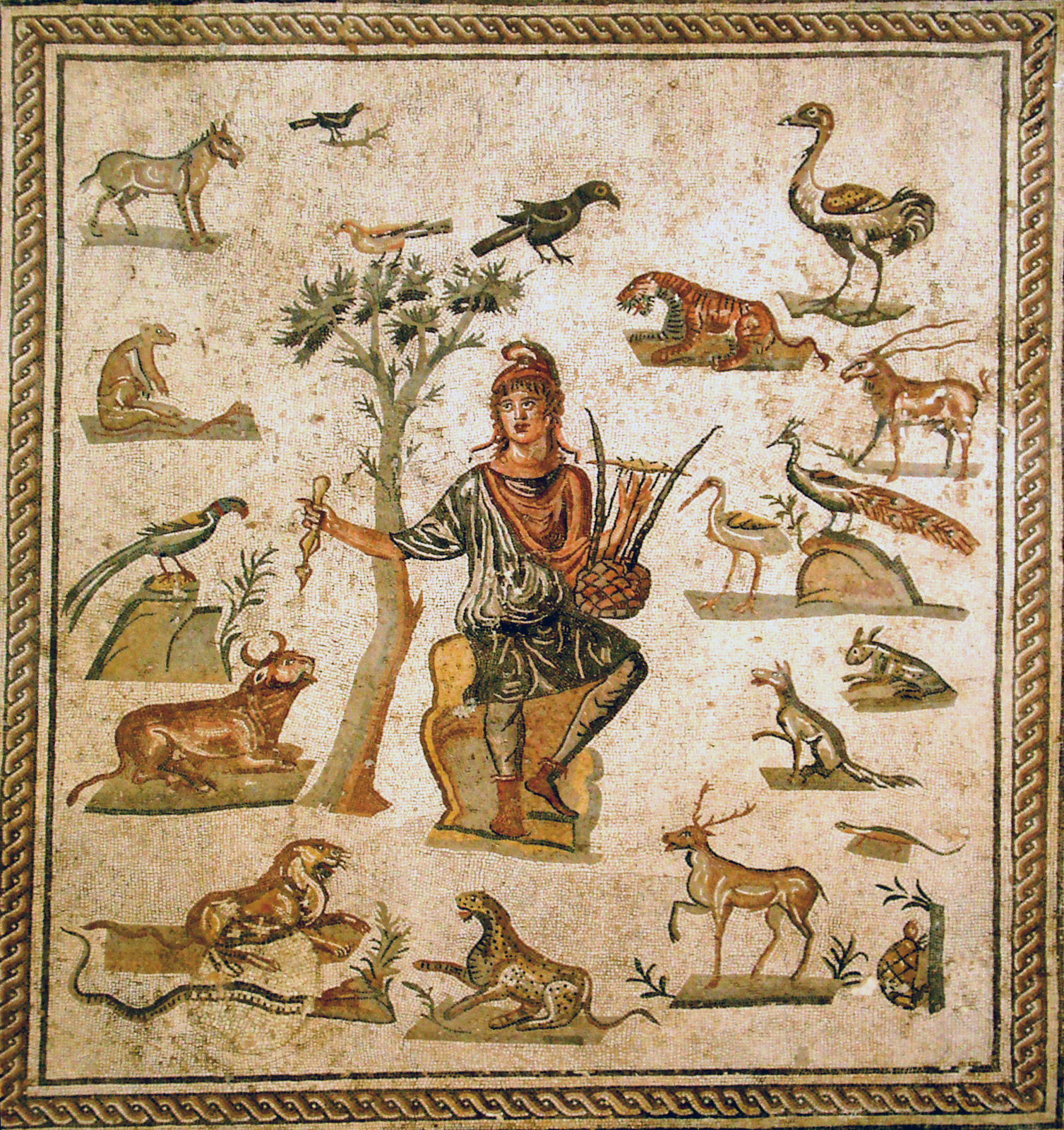
Videos
Links to Youtube videos
Programme of publishing projects
1) Music in Neoplatonism 2) The reception of Neoplatonism in musical Romanticism
Blog about Neoplatonism and Music Neoplatonismo musical
Short reflections on the main topics of this web page
